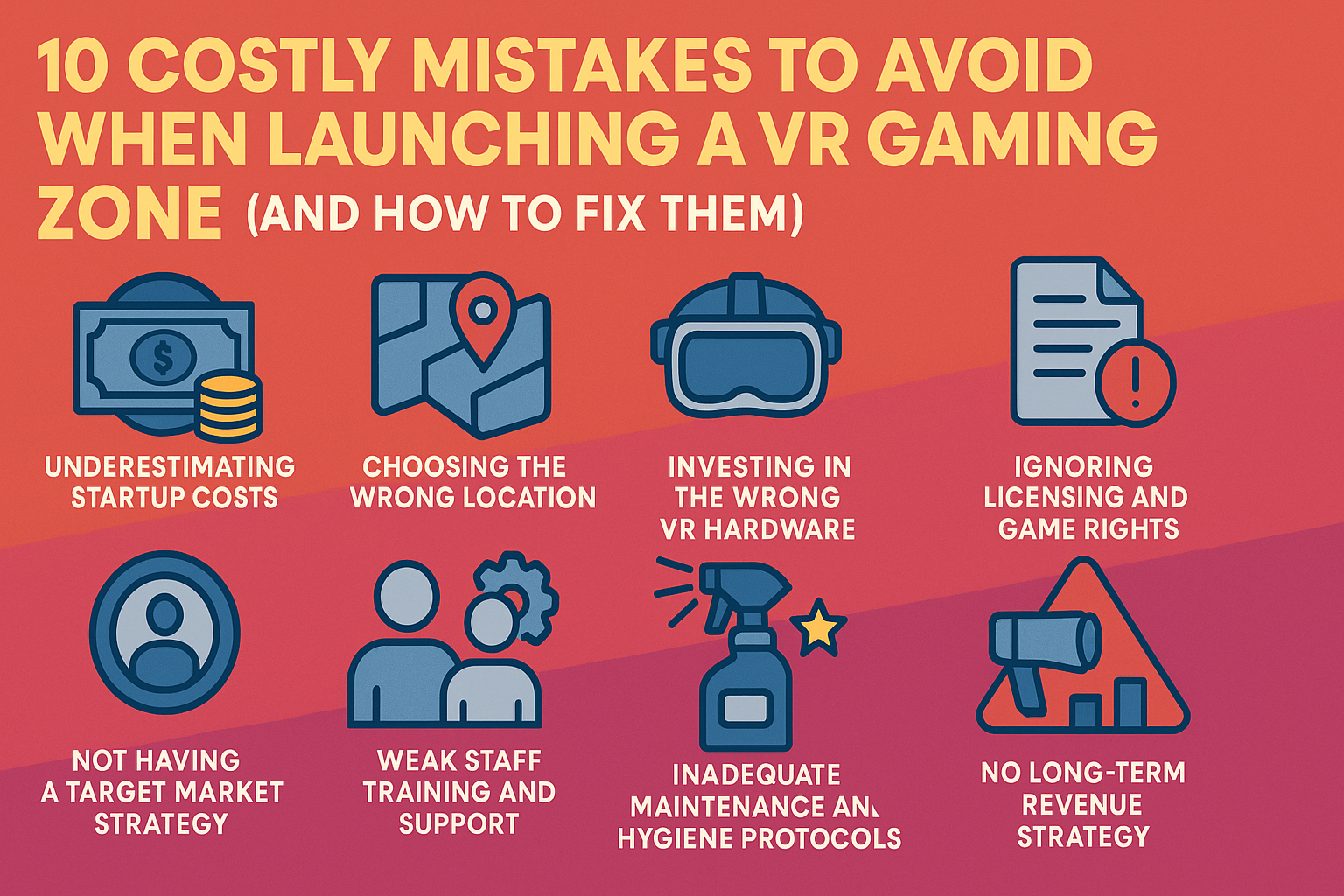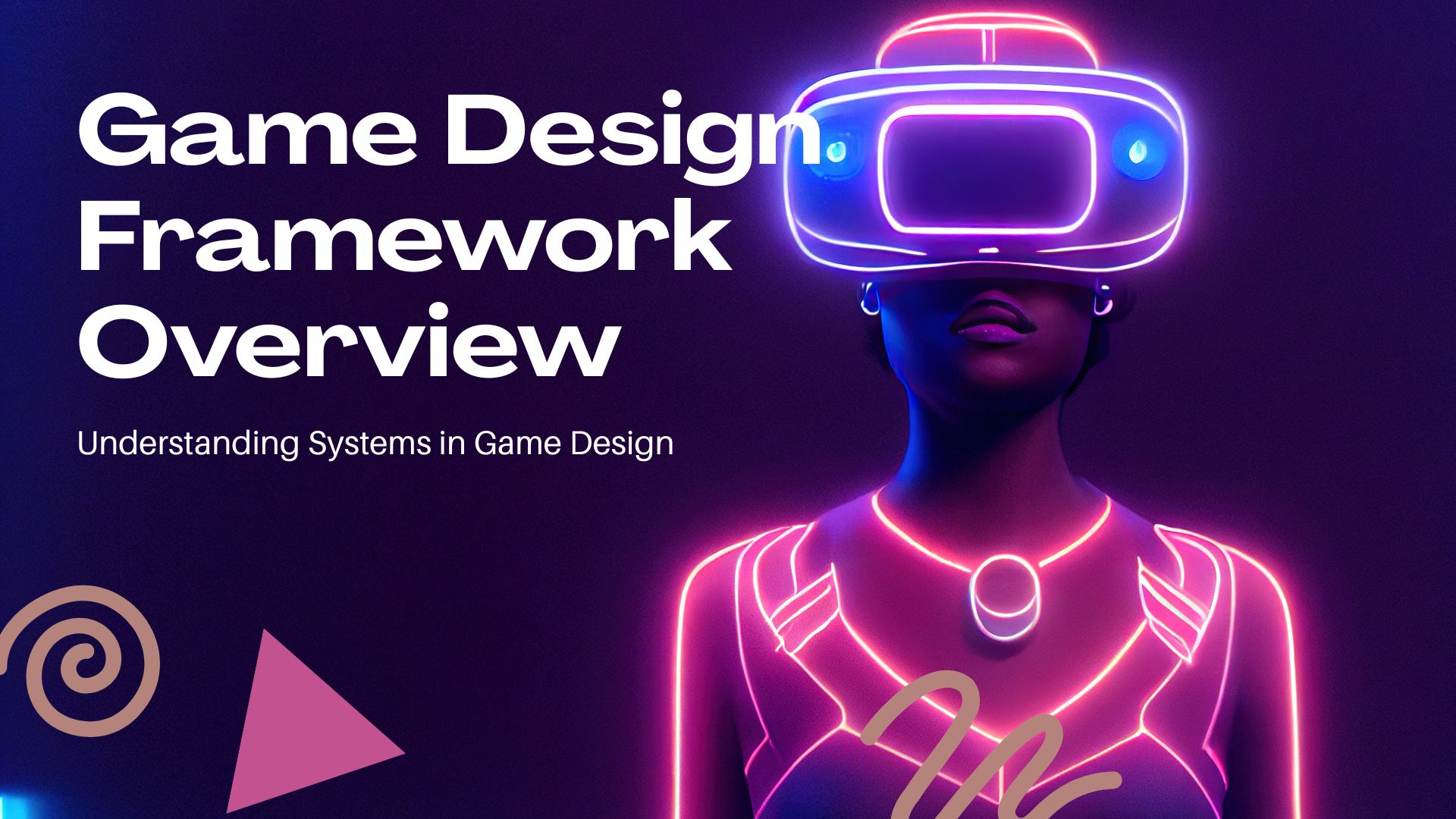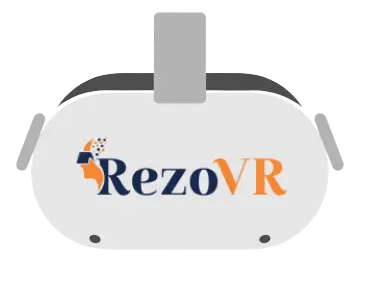I’ve always been fascinated by augmented reality (AR) and virtual reality (VR). These technologies are changing how we see the world. They’re also creating new career paths. But, is a career in AR/VR really worth it?


In this article, we’ll look into the exciting world of AR/VR careers. We’ll talk about job growth, the job market, skills needed, salaries, and challenges. If you love tech or are curious about immersive experiences, this guide is for you. It will help you understand the opportunities and challenges in AR/VR careers.
Key Takeaways
- The AR/VR industry is growing fast, with a market value expected to hit over $300 billion by 2024.
- There are many career paths in AR/VR, across industries like gaming, healthcare, and education.
- Skills in demand include programming, 3D modeling, and user experience design.
- Soft skills like creativity, problem-solving, and adaptability are also important.
- AR/VR jobs often pay well, with salaries higher than in some other tech fields.
The Immersive Future: Why AR/VR Careers Are Rapidly Expanding
The world is getting more digital by the day. This means more people are needed who know how to use augmented reality (AR) and virtual reality (VR). These new technologies change how we see digital content. Companies from different fields want to use these technologies to make things better for customers and to innovate.
Growth Projections and Market Demand for AR/VR Professionals
Experts say the AR/VR market will grow a lot in the next few years. A recent study shows it will jump from $27 billion in 2018 to $209 billion by 2022. This is a growth rate of 57.4% each year. This fast growth means more jobs for people who can work with AR/VR.
Real-World Applications Driving the Need for AR/VR Talent
AR and VR are used in many areas, like gaming, shopping, health care, and learning. Companies want to make things better for their customers and to improve how they work. They need AR/VR experts to make their ideas real. Emerging ar/vr job roles include 3D modelers, VR developers, AR designers, and creators of immersive content.
The ar/vr industry salary expectations for these jobs are good. This shows how valuable these skills are. As AR/VR grows, so will the chances for people with the right skills and creativity.


“The future is here, it’s just not evenly distributed yet.” – William Gibson
AR/VR Career Opportunities: Exploring the Diverse Job Landscape
The AR/VR industry is growing fast, offering many career paths. You can work in software engineering, 3D modeling, project management, or user experience design. This field is full of opportunities for those who want to grow their careers.
New job titles are popping up as the industry grows. This means there are many options for those interested in the ar/vr career roadmap. These roles let professionals use their talents to help advance immersive technologies.
Diverse AR/VR Career Paths
- Software Engineers: Responsible for developing the core technology that powers AR/VR experiences.
- 3D Artists and Modelers: Create the virtual environments, characters, and objects that bring AR/VR experiences to life.
- User Experience (UX) Designers: Ensure seamless and engaging interactions within AR/VR applications.
- Project Managers: Oversee the coordination and delivery of complex AR/VR projects.
- Data Analysts: Leverage data insights to optimize and improve AR/VR applications.
- Quality Assurance Specialists: Ensure the quality and reliability of AR/VR products.
- Marketing and Business Development Professionals: Promote and drive the adoption of AR/VR technologies.
The ar/vr career roadmap is very flexible. It lets people follow their passions and show off their skills. As more people are needed in this field, the chances for career growth and happiness are huge.
| AR/VR Job Title | Job Description |
|---|---|
| AR/VR Developer | Responsible for developing and programming the core technology that powers AR/VR experiences. |
| AR/VR Designer | Designs the user interface, interactions, and visual elements of AR/VR applications. |
| AR/VR Project Manager | Oversees the planning, coordination, and delivery of AR/VR projects, ensuring seamless execution. |
| AR/VR Content Creator | Develops the virtual assets, including 3D models, animations, and multimedia content, that populate AR/VR experiences. |
| AR/VR Researcher | Conducts research and experimentation to advance the capabilities and applications of AR/VR technologies. |
The ar/vr career roadmap lets people match their skills and interests with the needs of the AR/VR industry. By exploring this wide range of jobs, you can find exciting ways to contribute to the future of immersive technology.


Top Skills Employers Seek in AR/VR Professionals
The AR/VR industry is growing fast. Employers look for people with both technical skills and soft skills. To do well, you need to be good at 3D modeling, game engine development, computer vision, and user interface design.
Essential Technical Skills for Success in AR/VR Roles
Employers want you to know 3D modeling software like Blender or Maya. They also look for skills in game engine development with Unity or Unreal Engine. Knowing computer vision and machine learning is key for smooth tracking and interaction.
Soft Skills That Give AR/VR Professionals an Edge
But it’s not just about tech skills. Employers also value soft skills. They want creativity, problem-solving, and good communication skills. These are important in a team setting, where ar/vr job training and certifications can help you stay current.
“Staying up-to-date with the latest ar/vr job training and certifications is key for success in this rapidly evolving field. Continuous learning is a must for AR/VR professionals.”
The AR/VR industry is getting bigger. Employers want people who can mix tech skills with soft skills. This way, they can create new and easy-to-use immersive experiences. By focusing on the top ar/vr skills employers want, you can succeed in this exciting field.
Navigating the Challenges of an AR/VR Career Path
The ar/vr career development strategies offer many chances, but they also have challenges. People in this field must keep up with fast-changing tech, standards, and market needs. They need to keep learning and improving their skills to succeed in the ar/vr career development strategies.
Staying Ahead of the Curve: Continuous Learning and Upskilling
AR/VR pros must know the newest tools, methods, and trends to do well. A strong ar/vr career development strategies includes:
- Looking for training and online courses to grow your skills
- Going to industry events and conferences to meet people and learn about new things
- Trying out new AR/VR tech and apps to get real experience
- Working with experts to learn from their experiences and best practices
By always learning and improving, ar/vr career development strategies pros can handle the field’s fast changes. They can set themselves up for lasting success.
“Embracing a culture of lifelong learning is the key to thriving in the ar/vr career development strategies industry. The most successful professionals are those who are always eager to expand their knowledge and stay ahead of the curve.”
Using training, networking in the ar/vr career development strategies world, and making a career plan can help new pros in this fast-paced field. It can help them reach their goals.
Salary Expectations and Career Progression in the AR/VR Industry
The AR/VR industry offers competitive salaries, often matching or beating other tech sectors. Location, experience, and skills greatly affect earnings. As demand for AR/VR talent grows, so do salaries and career opportunities. This is especially true for those who gain specialized skills and take on leadership roles.
How AR/VR Salaries Compare to Other Tech Sectors
In the United States, the average ar/vr developer salary is between $80,000 and $120,000 annually. This is comparable to or higher than many tech jobs. As the AR/VR market expands, salaries for skilled workers are expected to increase.
- Top AR/VR roles, such as lead developers and product managers, can command salaries well into the six-figure range.
- Specialized skills, like expertise in game engine development or computer vision algorithms, are particularly valued and can lead to higher earning potential.
- Geographic hubs like San Francisco, Seattle, and New York tend to offer the highest ar/vr developer salaries due to the concentration of tech companies and startups in those regions.
“As the AR/VR industry continues to mature, we’re seeing more and more companies willing to invest in top talent to drive their immersive technology initiatives forward. Salaries for skilled AR/VR professionals are very competitive and only expected to rise in the coming years.”
With AR/VR technologies growing fast, career paths are expanding too. AR/VR developers, designers, and engineers can move up to technical leads, project managers, or even startup founders. This opens up new earning possibilities.
Conclusion: Embracing the Immersive Future with an AR/VR Career
The AR/VR industry is booming, offering a chance for a dynamic and fulfilling career. With the market growing fast, there are many job opportunities. By learning the technical skills and soft skills needed, you can thrive in this field.
Staying updated with the latest trends is crucial in this changing world. Using online courses, attending events, and joining professional networks can help. This way, you can keep up with the sector’s rapid pace and grow in your career.
The future of AR/VR looks very promising. Those who dive into this field can expect a career full of innovation and creativity. By embracing this future, you’ll help change industries and be part of a major technological shift.
FAQ
What is the growth outlook for the AR/VR industry and the demand for AR/VR professionals?
The AR/VR industry is growing fast. Market forecasts show a big increase in demand for AR/VR professionals soon. As more businesses use immersive tech, the need for skilled AR/VR experts is growing quickly.
What types of job opportunities are available in the AR/VR industry?
The AR/VR industry has many career paths. You can work in software engineering, 3D modeling, or project management. New and exciting job titles are also appearing, offering many options for career growth.
What are the essential technical skills and soft skills that employers seek in AR/VR professionals?
AR/VR professionals need both technical skills and soft skills. Employers look for skills in 3D modeling, game engine development, and user interface design. They also value problem-solving, creativity, and good communication.
What are the key challenges that AR/VR professionals may face, and how can they navigate them?
The AR/VR industry has its challenges. Professionals must keep up with fast-changing tech and industry standards. They need to keep learning and upskilling to succeed in this field.
How do AR/VR salaries compare to other tech sectors, and what are the career progression opportunities?
AR/VR salaries are competitive, often matching or beating other tech sectors. Your salary can depend on location, experience, and skills. With growing demand, AR/VR professionals can expect salary increases and career advancement opportunities.








